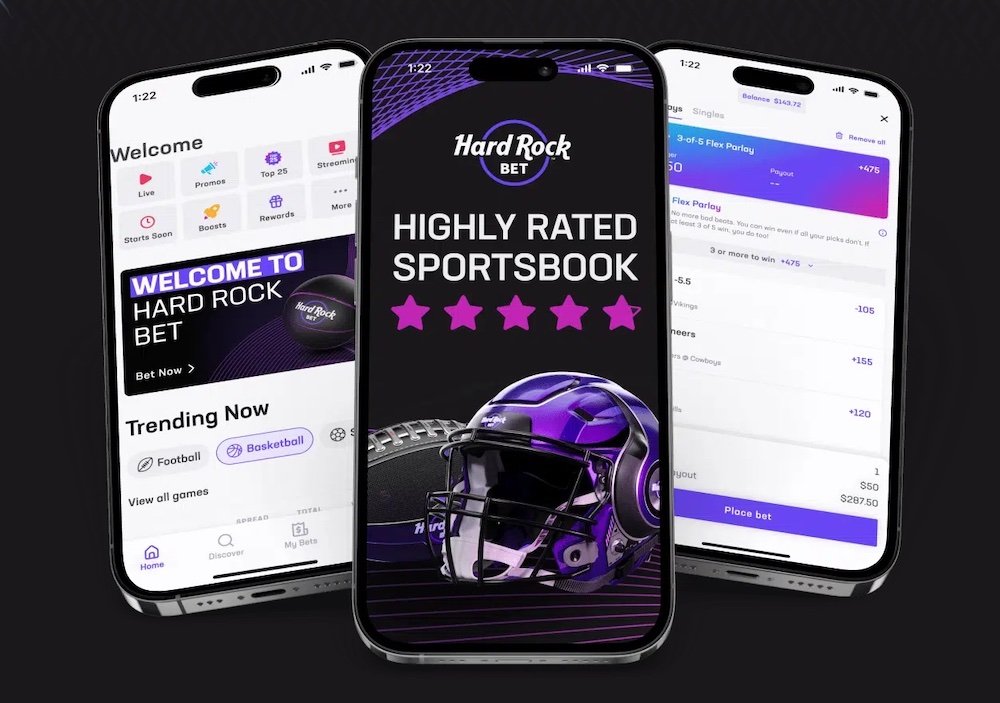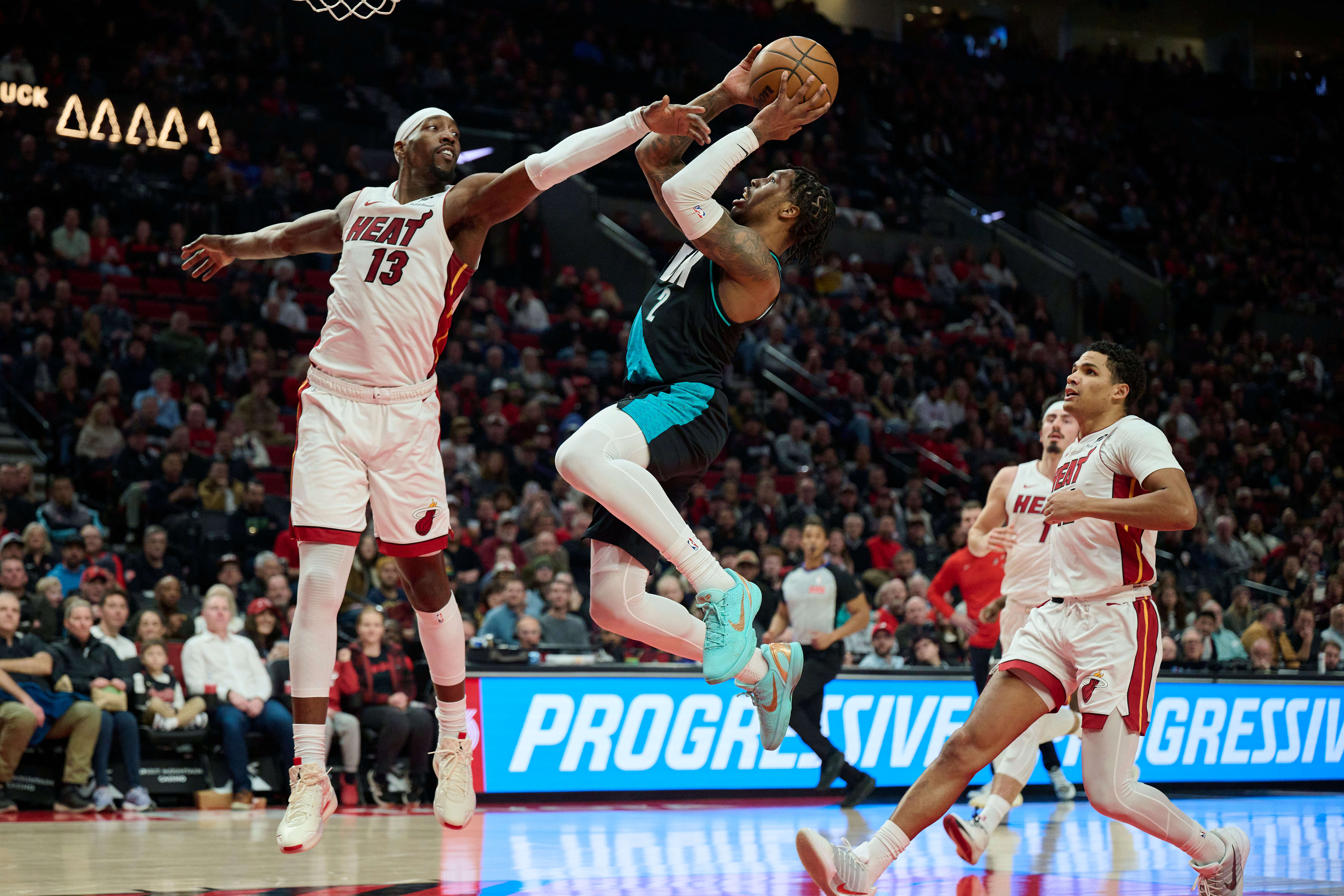A group opposed to gaming expansion in Florida has asked the state’s top court to give it more time to file a brief supporting a lawsuit to block the Seminole Tribe from offering online sports betting across the state. State leaders, who are the target of the lawsuit, say they do not necessarily oppose an extension provided they get one, too.
So, all eyes interested in the Florida sports betting case will be looking to Tallahassee to see if the state’s Supreme Court will grant an extension to No Casinos, which was supposed to file its amicus brief by Friday. However, late Thursday afternoon, lawyers for the organization filed their request, saying the deadline was “not feasible” and that Gov. Ron DeSantis and state legislative leaders would still have plenty of time to include comments about the brief in their response to the case filed by West Flagler Associates and Bonita-Fort Myers Corp. The state’s response is currently due on Nov. 1.
On Friday morning, the Florida Attorney General’s office said it does not oppose No Casinos filing a brief, but they object to giving the group an extension. However, state leaders say they want one for their Nov. 1 filing if No Casinos receives an extension.
“The problem with the request is that No Casinos does not seek an extension of a period certain but instead an extension of 10 additional days from the date that the Court grants the request,” wrote Florida Senior Deputy Solicitor General Christopher Baum.
As of 2:15 pm ET Friday, the Florida Supreme Court had yet to respond to their request for an extension.
Group Offers Different Viewpoint On Florida Sports Betting Case
No Casinos was the group that led the effort to get Amendment 3 on the 2018 statewide ballot. That referendum proposed an amendment to the state constitution that required voter approval for any expansion of casino gaming off tribal lands. The measure passed with 71.5% of the vote.
No Casinos said it brings a different perspective to the case in its filing. West Flagler, which operated the Magic City Casino until it sold it earlier this year, and Bonita-Fort Myers, which operates the Bonita Springs Poker Room, have claimed that allowing the Seminole Tribe to have exclusive rights over sports betting would harm them economically. They could only participate if they became part of the tribe’s “hub-and-spoke” network of pari-mutuel operating partners that agreed to give the tribe 40% of their proceeds.
“In contrast, Movant is not trying to protect its own economic interest,” wrote attorney Beverly Pohl on behalf of No Casinos. “Instead, the proposed amicus curiae brief will argue that it is both contrary to the Florida Constitution to allow widespread sports betting on cell phones located throughout the State, under the guise that the servers are located on Indian land, and contrary to the public policy and welfare of this State as evidenced by the voters who approved Amendment 3.”
Summary Of The Florida Sports Betting Case
The state lawsuit is one of two that West Flagler and Bonita-Fort Myers have filed to block a 2021 gaming compact between the state and Seminole Tribe officials. Florida sports betting apps was just one facet of the multi-billion-dollar deal. The state also gave the tribe the ability to build up to three new casinos on tribal land between Fort Lauderdale and Miami. State leaders also approved roulette and dice-based table games and retail sportsbooks at the Seminoles’ Class III casinos.
The U.S. Department of the Interior began reviewing the compact reached between DeSantis and tribal leaders after the Florida legislature approved it. Federal regulators did not render a decision within its mandatory 45-day review period, which meant that the compact was considered approved to the extent it complies with the federal Indian Gaming Regulatory Act.
West Flagler and Bonita-Fort Myers filed the federal lawsuit in August 2021, and in late November of that year, U.S. District Judge Dabney Friedrich sided with the plaintiffs and threw out the entire compact.
The federal government and the tribe both appealed, and earlier this year, a three-judge panel with the U.S. Circuit Court of Appeals in the District of Columbia overturned Friedrich's decision. West Flagler and Bonita-Fort Myers are planning an appeal to the U.S. Supreme Court. If or how the nation’s top justices move on, the case could have repercussions for tribal gaming nationwide.
The Seminole Tribe launched its Hard Rock Sportsbook - now Hard Rock Bet Florida- in November 2021. It operated for a little more than a month before abiding by Judge Friedrich’s decision after failing to secure a stay on it.
When Might The Florida Sports Betting Case End?
The one key question that keeps popping up as new developments in the case arise is this: When might Florida sports bettors be able to wager again through Hard Rock? There’s no concrete answer yet to that question.
In a Spaces discussion Thursday on the social media platform X, gaming attorney Daniel Wallach said if the U.S. Supreme Court takes on the case, a decision may not be rendered until sometime in 2025 based on the current schedule for that court.
“This could drag out to approximately June of 2025 if (the appeal to the U.S. Supreme Court) is granted, if (that appeal) is denied, then it’s 2024 second quarter, approximately,” Wallach said.
As to when the Seminole Tribe may resume Florida online sports betting should the legal cases go their way, Wallach said he believes Seminole leaders would likely have more concern about relaunching while the federal case remains open.
Follow FloridaBet.com for the latest news and developments surrounding sports betting. We will have all the latest Florida sportsbook promo codes for you as soon as sports betting has launched in the Sunshine State.






